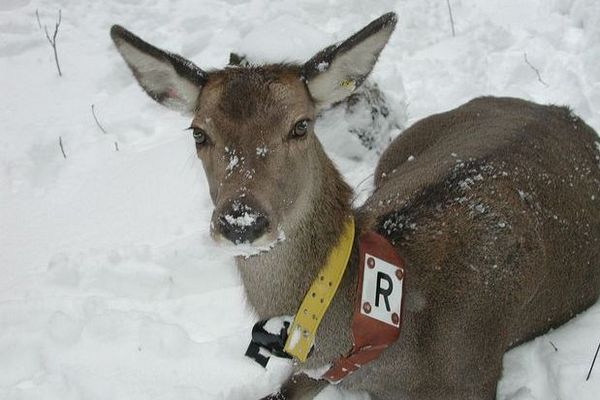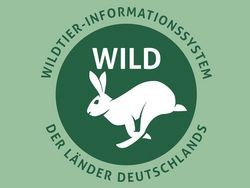Dossier
Wildlife - pro or contra?
Frank Tottewitz | 02.05.2024
Wild animals are an important and desirable part of our cultural landscapes. However, in certain areas they can also "disturb": they bite trees, root up fields, cause traffic accidents and transmit diseases. Wildlife management issues are controversial, depending on the interests at stake.
The increase in wild animal populations such as wild boar, roe deer and red deer in Germany and surrounding states has exacerbated conflicts of land use. In addition, newly introduced species such as raccoon dog, raccoon and mink are affecting populations of native wildlife. The return of the wolf as a predator that was originally native in Germany but has been eradicated, nowadys worries many livestock owners in the affected areas, as well as parts of the population.
How can agriculture, forest and game be reconciled? We are looking for solutions for wildlife management that allow land use and wildlife to coexist with little conflict.
Therefore at first glance it‘s necessary to improve the evidence base, for example by recording hunting bags, collecting data on the occurrence, density and development of wildlife populations. For some wildlife species, we have presented this in descriptive graphics.
In addition, we are developing new methods to better manage wildlife populations. Based on valid data and facts, it is possible to develop and assess management strategies, advise policy makers and provide material for reporting under international species conservation agreements.







